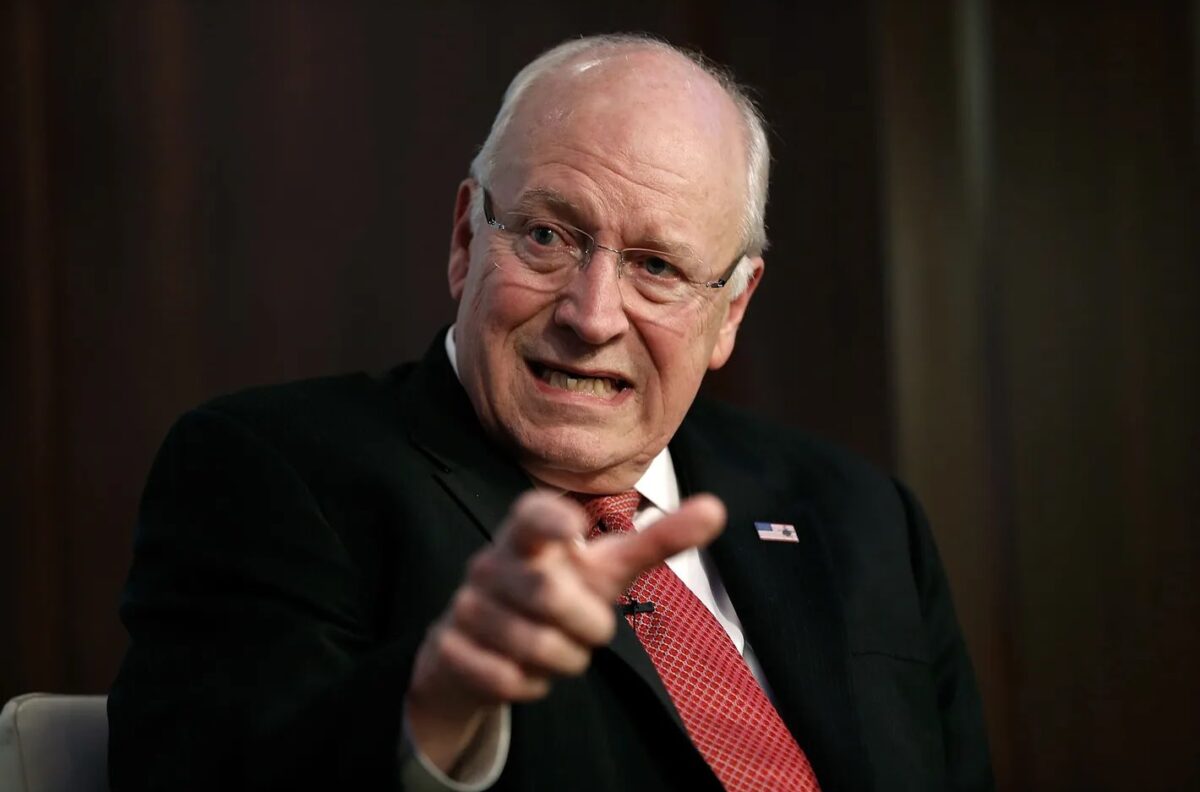Dick Cheney dies at 84: The legacy of America’s most powerful Vice President

Dick Cheney, 46th Vice President of the United States
Former Vice President Dick Cheney has died at the age of 84, according to his family. His passing marks the close of a career that spanned four presidential administrations and reshaped modern U.S. foreign and domestic policy. From his early days in Wyoming to the halls of Washington, D.C., Cheney’s influence was enormous, often behind the scenes, sometimes controversial, but always consequential.
From Nebraska to Capitol Hill: Early Career and Rise to Power
Born in Lincoln, Nebraska, in January 1941, Cheney grew up in Wyoming and embarked on a path of public service that began in presidential administrations and led to elective office. He served as White House Chief of Staff under President Gerald Ford, was elected to Congress from Wyoming, and later became Secretary of Defense under President George H.W. Bush, where he oversaw the Gulf War era.
These roles set the stage for Cheney’s ascent into the highest echelons of American power, and helped build his reputation as a skilled operator within the Republican establishment.
READ ALSO
Why is Donald Trump urging New Yorkers to vote for Andrew Cuomo? Inside the NYC Mayoral Race
Vice President and the War on Terror
When George W. Bush selected Cheney as his running mate in 2000, the politician was considered one of the most experienced candidates in American politics. His tenure as the 46th Vice President (2001–2009) was marked by a level of influence unmatched by most of his predecessors.
On 11 September 2001, while the nation reeled from terror attacks, Cheney was thrust into one of his most critical roles, helping steer the administration’s response. Soon he became a central architect of the “War on Terror,” including U.S. military campaigns in Afghanistan and Iraq. The invasion of Iraq in 2003, a decision he vigorously defended, remains his most enduring and contentious legacy.
Controversy, Influence, and Power
Cheney’s legacy is not one of simple triumph. His advocacy for expanded executive power, controversial interrogation policies, surveillance programs, and the flawed intelligence surrounding weapons of mass destruction in Iraq cast a long shadow.
His supporters regard him as a decisive leader in dangerous times. His critics label him the symbol of overreach in American foreign policy. Regardless, his imprint on the office of the Vice Presidency and the machinery of government is indelible.
Life After the White House and Late-Career Departure
After leaving office, Cheney’s political stance shifted. He emerged as a vocal critic of President Donald Trump and endorsed Democrat Kamala Harris in 2024, a break with his party that underscored his complex position in Republican politics.
Health issues also marked his later life. Cheney survived multiple heart attacks and underwent a heart transplant in 2012, yet remained active in public life.
Legacy and Impact: A Lasting Mark on America’s Institutions
Cheney’s legacy is multifaceted:
- He helped redefine the Vice Presidency as a position of real power.
- His decisions aided in shaping U.S. foreign policy for decades, especially in the Middle East.
- Controversies surrounding his tenure continue to shape debates on civil liberties, executive power, and war.
- His familial legacy endures through his daughter, Liz Cheney, who became a prominent and outspoken figure in her own right.
Though divided, hailed by some as a patriot, condemned by others as emblematic of policy gone wrong, Cheney’s mark on the American political landscape is permanent.
FAQ – What People Are Searching About Dick Cheney
Q1: When did Dick Cheney die and what caused his death?
A1: Dick Cheney died at age 84 on November 3, 2025, due to complications from pneumonia and heart and vascular disease.
Q2: What were Dick Cheney’s major roles in government?
A2: Cheney served as White House Chief of Staff, U.S. Representative from Wyoming, Secretary of Defense, and Vice President from 2001–2009.
Q3: Why is Cheney considered one of the most powerful vice presidents?
A3: He wielded unusually broad influence over the Bush administration’s policy decisions, especially after 9/11, effectively operating as a second president behind the scenes.
Q4: What was Cheney’s role in the Iraq War?
A4: Cheney was a chief architect of the 2003 invasion of Iraq, promoting the idea that Saddam Hussein had weapons of mass destruction and links to al-Qaeda, claims later found to be false.
Q5: What controversies mark Cheney’s legacy?
A5: His endorsements of enhanced interrogation (torture), broad surveillance, and expansive executive power prompted significant backlash and remain central to his legacy.
Q6: What was Cheney’s life like after leaving office?
A6: He remained politically active, criticized Trump, endorsed Kamala Harris in 2024, and battled serious health issues including a heart transplant.
Q7: Who survives Dick Cheney and what about his family?
A7: He is survived by his wife of 61 years, Lynne, daughters Liz and Mary, and grandchildren. His daughter Liz became a high-profile U.S. Representative.
Q8: How will history view Dick Cheney?
A8: History sees him as pivotal and polarizing: a defender of American power who reshaped the vice presidency, yet his decisions remain contentious and deeply debated.
Q9: What is Cheney’s connection to Halliburton or the private sector?
A9: Before becoming vice president, Cheney served as CEO of Halliburton, a major energy and contracting firm, a fact that has been scrutinized in discussions of his ties to industry.
Q10: Did Cheney ever face serious health issues?
A10: Yes. Cheney had multiple heart attacks, underwent quadruple-bypass surgery, and received a heart transplant in 2012, yet remained engaged in public life.

